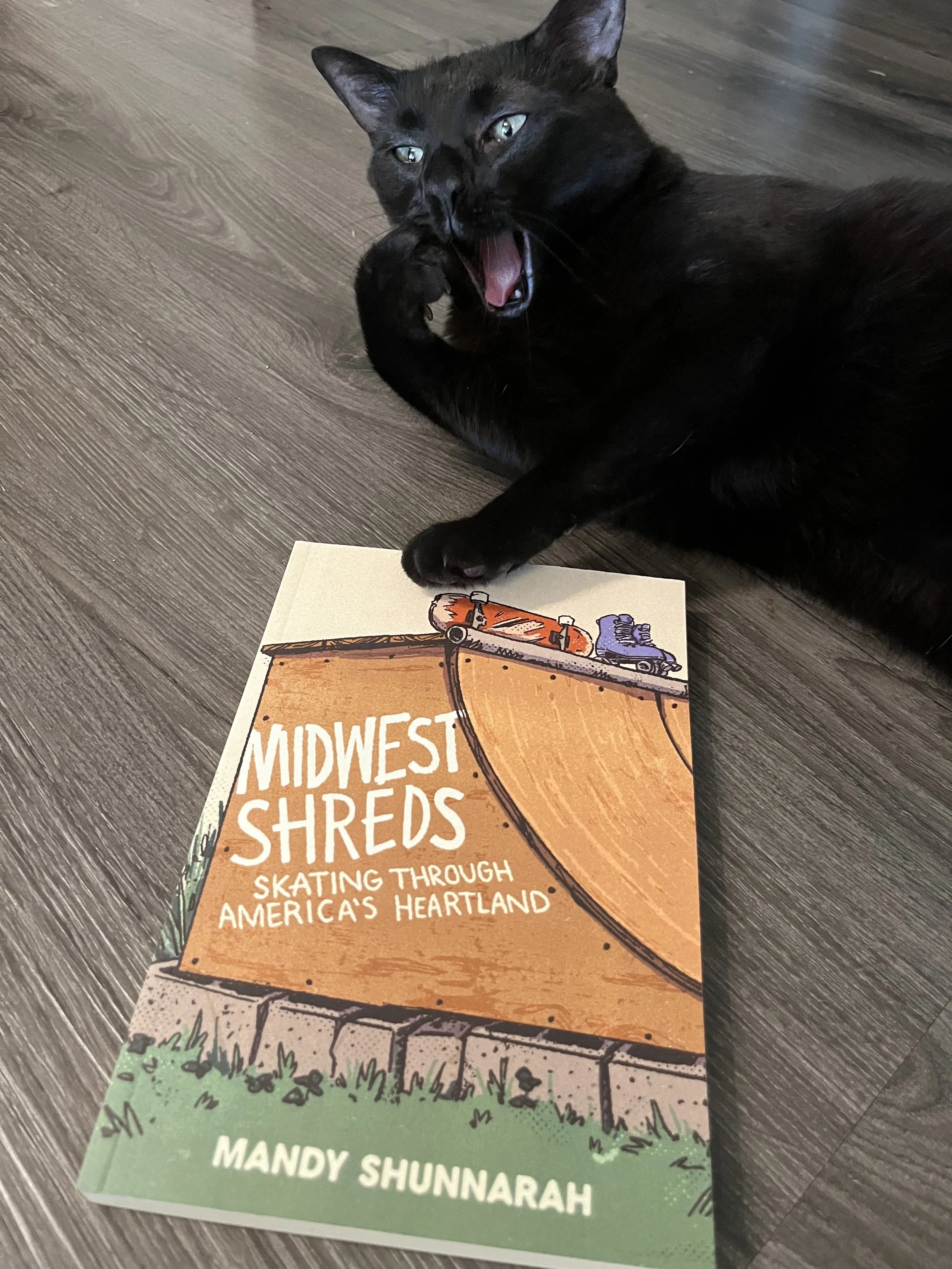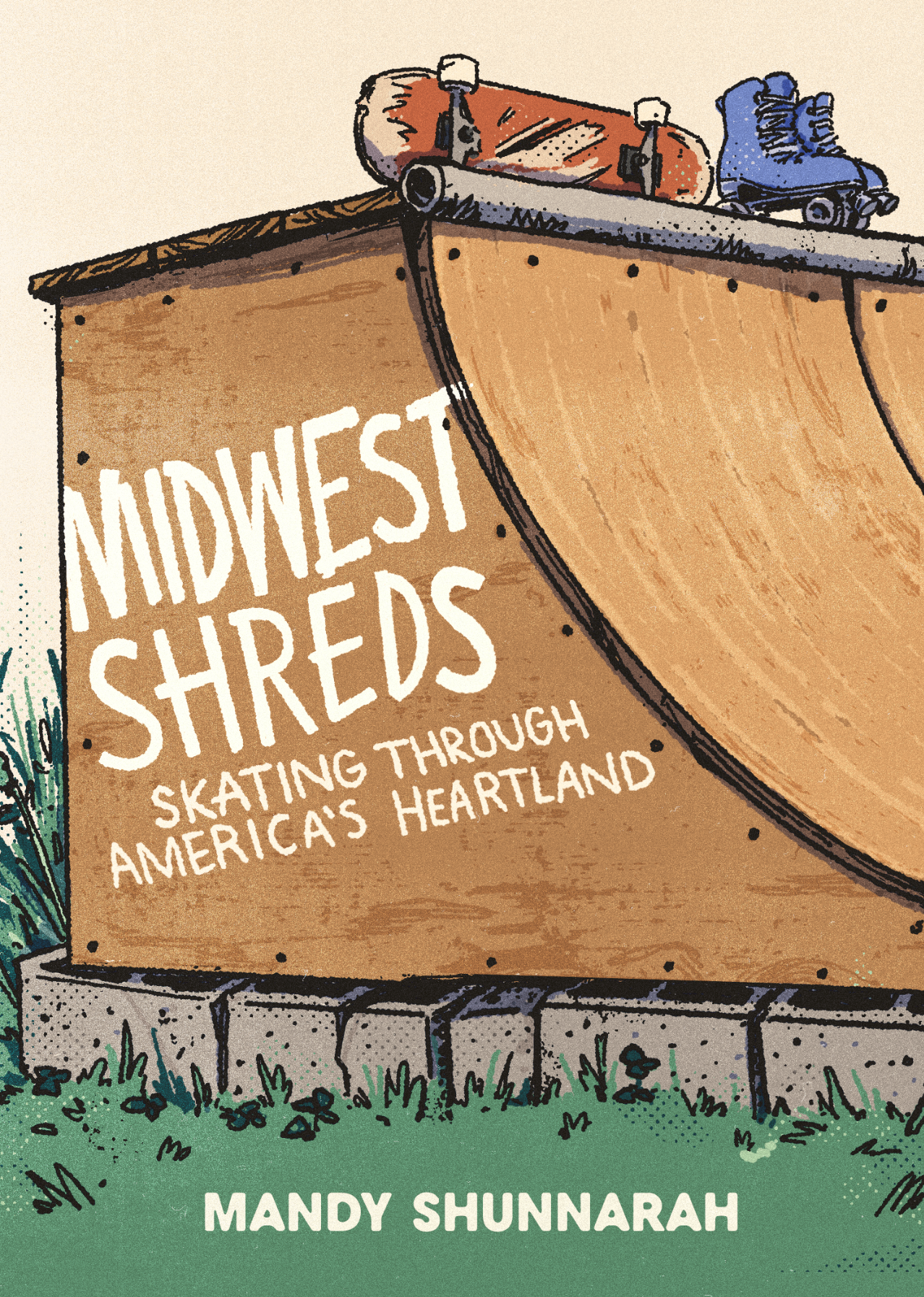7 Ways Serialized Literature is Making a Comeback
Whether it’s the next issue of Ms. Marvel or the upcoming episode of Scandal, one thing is clear: people love serialized stories in one form or another.
So why not novels? Dickens published The Pickwick Papers in serial form, as did Ray Bradbury with Fahrenheit 451 (in Playboy!). The Sherlock Holmes stories were serials, too. Though what was once the most popular publishing format of the Victorian era fell out of fashion for a time. Serialization came back primarily in the form of radio shows, comics, and TV shows, though serialized literature continues to gain popularity.
While tidily packaged novels are the norm, serialization does have its benefits. Authors can test out stories to see how they’ll resonate with their audience, as well as get feedback from readers, which may influence the story. Readers don’t have to wait as long between segments since they can read works-in-progress, unlike with traditional book series that take much longer to publish. Authors have more creative liberties because they’re able to change the storyline in real time. Burgeoning authors can build a fanbase as they write rather than waiting until they’re finished writing. And readers can break up longer works into bite-sized chunks, which can help stave off the sense of overwhelm that can come from staring down a 600-page doorstopper.
Perhaps due to the sheer abundance of information available, the digital age lends itself to serialized literature particularly well since an installment can be read quickly on your phone while you’re in line at the grocery store. Serialized lit can come in many forms---everything from episodic novels to fanfiction---and it can be delivered in different ways, like apps and email. Here are some great places to get started:
WattPad
Though any genre of story can be published on WattPad, the website is best known for its young adult fiction. The founders understood that the beauty of serialized lit is being able to read on the go, so they created a beautiful and functional app. They’re doing something right because over 90% of their traffic comes from mobile. WattPad is also home to the Watty awards, which is touted as the world’s largest online writing contest with more than 75,000 entries received in 2015. With that many entries, you’d never run out of stories!
DailyLit
If you’ve ever looked at War and Peace and thought, tl;dr, DailyLit is for you. You sign up, choose your book, and you’ll be emailed every day with a segment that takes about 15 minutes to read. There are hundreds of classics available for free, as well as recently published original serials for about the price of your typical self-published ebook.
Fanfiction.net
If you’ve ever had an incurable book hangover, fanfiction is the gift that keeps on giving. Literally. For any given story, you can read hundreds, thousands, or even hundreds of thousands of serials written by devoted fans. You can search by book title or series, as well as stories that have been newly updated.
Channillo
Channillo is similar to WattPad, though there are a few key differences. Where WattPad is a free platform, Channillo asks readers to support the authors whose serials they love by paying a small amount. Authors can earn money for their work, or have their proceeds go directly to the charity of their choice.
Mousehold Words
Many novels of the Victorian era were serialized in magazines, so Mousehold Words allows you to read as the Victorians did. Novels from the eighteenth century are broken up into chunks---the same ones that would have been read in the days of old. So you can get your historical fiction on, literally.
Apps
Although there are some downsides to proprietary reading apps, there have been a couple of successful works released in serial form in a dedicated app. The Silent History won a Webby Award, was a finalist for the SXSW Awards, and was voted as one of Apple’s best apps in 2012.
Julian Fellowes, the author of the Downton Abbey screenplay in additional to several novels, is following suit with his latest novel, Belgravia. The novel will be delivered via 10 weekly installments and, like The Silent History, readers can choose to purchase episodes individually to see if they like the story.
Author websites and wherever you normally buy ebooks
Although Kindle, Nook, and Kobo don’t specialize in serials, you can find them on these platforms. Since there may not always be a dedicated place to find works-in-progress, it helps to find authors you like then search your preferred platform to see if their work is available in the format you like. Some authors sell their serials directly from their own websites, which means more money goes to them rather than the platform that hosts their work, and you can get bundles that you may not be able to find elsewhere. For example, author J.C. Hutchins allows you to buy the ebook, audiobook, or get a deal when you buy both on his website.
Now that serials can be published faster than ever, they’re coming back in a big way. And though serials fell out of fashion for a time, the digital age might just mean they’re here to stay.
















